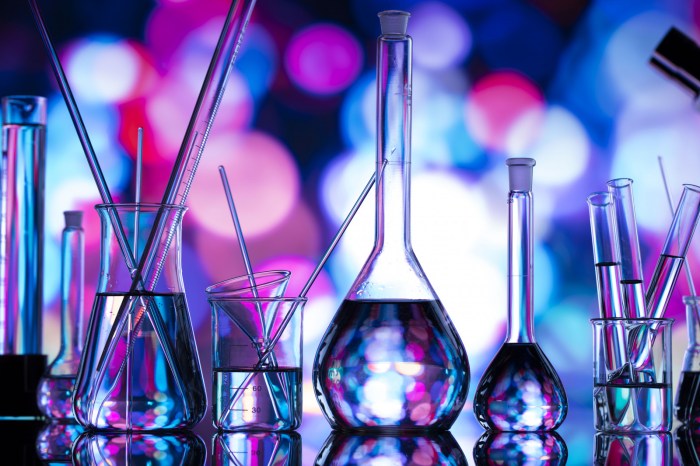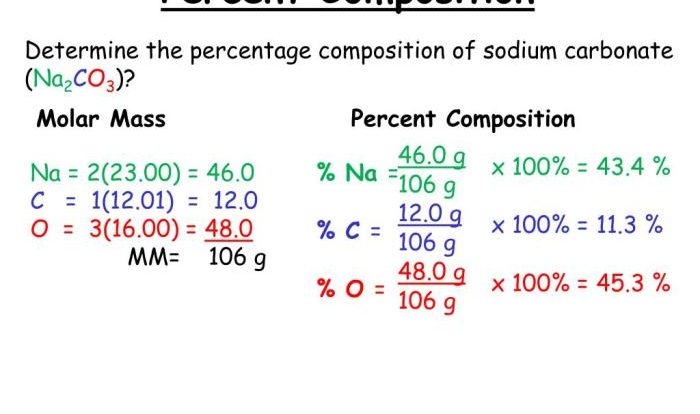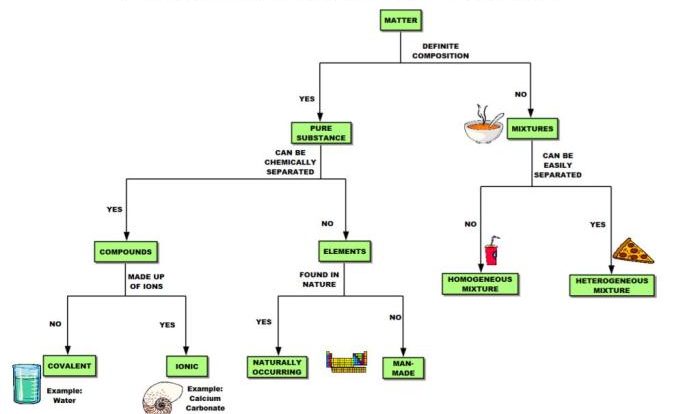General chemistry laboratories a freshman workbook – General Chemistry Laboratories: A Freshman Workbook introduces students to the fundamental concepts and techniques of general chemistry through a series of engaging experiments and activities. This comprehensive workbook is designed to provide a solid foundation for undergraduate chemistry education, fostering a deep understanding of the principles and applications of chemistry.
The workbook covers a wide range of topics, including the structure of matter, chemical reactions, and thermodynamics. Each experiment is carefully crafted to illustrate key concepts and reinforce theoretical knowledge. Detailed instructions, safety guidelines, and data analysis exercises guide students through the scientific process, promoting critical thinking and problem-solving skills.
Overview of General Chemistry Laboratories

General chemistry laboratories are an integral part of undergraduate chemistry education. They provide students with hands-on experience with chemical concepts and techniques, and help them develop their critical thinking and problem-solving skills.
The purpose of general chemistry laboratories is to:
- Reinforce classroom instruction by providing students with practical experience with chemical concepts and techniques.
- Develop students’ critical thinking and problem-solving skills by requiring them to design and conduct experiments, analyze data, and draw conclusions.
- Introduce students to the safety protocols and ethical considerations associated with working in a chemistry laboratory.
Content and Structure of the Workbook
This workbook is designed to accompany a general chemistry laboratory course. It provides students with a step-by-step guide to the experiments and activities that they will be performing in the laboratory.
The workbook is organized into six chapters, each of which covers a different topic in general chemistry. The chapters are:
- Introduction to the Chemistry Laboratory
- Measurement and Data Analysis
- Chemical Reactions
- Stoichiometry
- Solutions
- Equilibrium
Experiments and Activities
The workbook includes a variety of experiments and activities that are designed to help students learn about the fundamental concepts of general chemistry. The experiments are:
- Experiment 1:Introduction to the Chemistry Laboratory
- Experiment 2:Measurement and Data Analysis
- Experiment 3:Chemical Reactions
- Experiment 4:Stoichiometry
- Experiment 5:Solutions
- Experiment 6:Equilibrium
Each experiment includes a detailed description of the objectives, procedures, and safety precautions.
Data Analysis and Interpretation: General Chemistry Laboratories A Freshman Workbook
Data analysis and interpretation is an important part of general chemistry laboratories. Students must be able to analyze the data they collect from their experiments in order to draw conclusions about the chemical concepts they are studying.
This workbook provides students with guidance on how to analyze and interpret data. The guidance includes:
- How to calculate mean, median, and mode
- How to plot graphs
- How to determine the slope and intercept of a line
- How to use statistical tests to determine if there is a significant difference between two data sets
Report Writing and Communication
Scientific report writing is an important skill for chemists. Students must be able to communicate their findings clearly and concisely in order to share their research with others.
This workbook provides students with guidelines for writing effective scientific reports. The guidelines include:
- How to write an introduction
- How to write a methods section
- How to write a results section
- How to write a discussion section
- How to write a conclusion
Safety and Ethical Considerations
Safety is paramount in any chemistry laboratory. Students must be aware of the potential hazards associated with working with chemicals and must follow all safety protocols.
This workbook provides students with a list of general safety protocols that they must follow in the laboratory. The protocols include:
- Always wear a lab coat, safety goggles, and gloves when working in the laboratory.
- Never eat or drink in the laboratory.
- Never run in the laboratory.
- Never look directly down the test tube.
- Always dispose of chemicals properly.
In addition to safety protocols, students must also be aware of the ethical considerations associated with working in a chemistry laboratory. These considerations include:
- Always be honest about your data.
- Never plagiarize the work of others.
- Always respect the rights of others.
Popular Questions
What is the purpose of General Chemistry Laboratories: A Freshman Workbook?
This workbook is designed to provide a comprehensive introduction to general chemistry concepts and techniques, fostering a deep understanding of the principles and applications of chemistry.
What topics are covered in the workbook?
The workbook covers a wide range of topics, including the structure of matter, chemical reactions, and thermodynamics.
How are the experiments designed?
Each experiment is carefully crafted to illustrate key concepts and reinforce theoretical knowledge. Detailed instructions, safety guidelines, and data analysis exercises guide students through the scientific process, promoting critical thinking and problem-solving skills.


